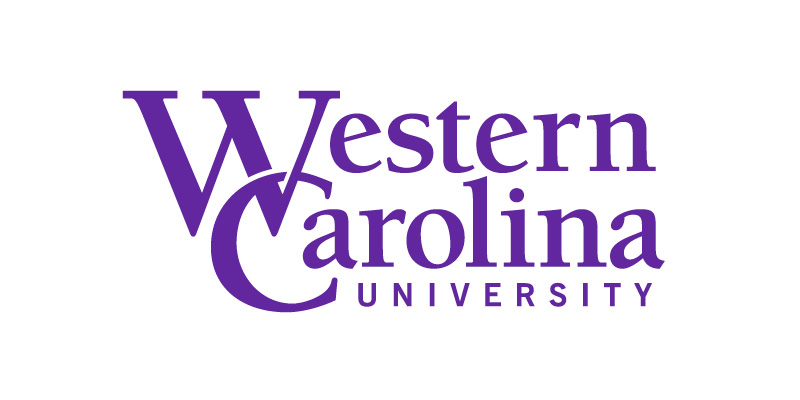Download the chart F20_WCU Approved Tools to review the approved tools, their use cases, and various advantages and disadvantages.
Introduction
There was a time before COVID-19. In Spring 2019, a national survey from EDUCAUSE found that the majority of faculty at universities like WCU found technological tools to be helpful to some extent, but that, for the most part, they also preferred teaching face-to-face and using online tools like the learning management system as a way of fostering communication, enhancing collaboration outside of class, and assessing and tracking grades. A small number of our faculty answered the survey, and by looking at the national numbers, we discovered that our faculty also generally preferred face-to-face teaching. Spring semester 2020 gave us all a new perspective on how things can change. As we are all collectively planning for the multiple possibilities of the Fall 2020 semester, we are walking through the stages of transitioning from our preferences to what will work best for the students, given the new constraints with which we are faced. The Coulter Faculty Commons and the Division of IT has put together the following list of available digital and technological services along with some general guidelines for use, adoption, and support.
Below there are two lists of tools. The first list is academic technology tools, including those that are more tied to the physical classroom and those that allow for more optimal online teaching and learning; the second list refers to other campus technology needs which may involve additional video deliveries.
Some course structure issues to think about related to successfully engaging the unknown factors for Fall 2020 are:
Related to “Live” Meetings for Courses
- There are advantages and disadvantages to using synchronous and asynchronous activities in online and hybrid learning; in most cases, asynchronous activities provide the best experiences for students. In our testing scenarios, attempts at synchronous activities using Zoom or Collaborate resulted in less-than-desired experiences, and were not comparable to using Zoom in a private meeting space.
- We must recognize that mixing one group with synchronous digital technologies and one group with live synchronous meeting will increase both instructor and student difficulty (i.e., just turning on Zoom for the half of the class who isn’t physically in the classroom).
- Consider whether your arrangements and the limitations of the technologies are equitable for all students.
- Particularly consider whether your activities are appropriate given the computer requirements for students in the university and in your department.
- Consider the student experience, including their access (or lack thereof) to sufficient broadband speeds.
- Limit your use of streaming technologies to WCU-supported platforms (Blackboard Collaborate, Zoom, and MS Teams).
- Faculty are advised that capturing identifiable images of students and the separate act of distributing those images (whether photos or videos) require that the student (and/or parent if student is a minor) complete a FERPA Release Video 8.13.20. Read more information on Western Carolina University Policy 122 – Video Capture.
Related to Assessments, Test, and Quizzes
- Think carefully about using the video proctoring solution for all assessments.
- In blended and online environments, other sorts of assessments such as problem, inquiry, and project-based learning, projects, reflections, and other assessments, may prove to be more effective. Assessments which require students to apply the concepts and knowledge learned prove more effective in determining whether or not learning objectives have been met. If students can use a search engine to locate the correct answer, or quickly ask a nearby friend, our assessment efforts are thwarted.
Related to the General Use of Technology
- Online instruction, including the online extension of face-to-face instruction, has different constraints due to law and the nature of the global internet. As employees of the State of North Carolina, we all have an obligation to keep student data safe. Many units of the university work hard to guard student data from inappropriate use or exposure. These efforts are codified in University Policy 97 (Data Security and Stewardship) and University Policy 106 (Identity Theft Protection). By university policy, federal law, and North Carolina law, faculty own their personally-created instructional material as intellectual property owners, and students own their intellectual property. Student work product can be organized and reused for assessment purposes, but cannot and should not be published or disseminated without written student permission. WCU-contracted tools allow for options that protect student privacy while allowing the sharing of information for course and assessment purposes. Many “free” available tools and apps do not.
- The contracts that we have with our current service providers (Microsoft, Ellucian (Banner), Blackboard, Panopto, etc.) obligates these businesses to respect all WCU data policies and procedures and to comply with federal regulations like FERPA (and HIPPA where the contract specifies).
- University employees who violate university policy, including the policies mentioned above, take upon themselves the risk of personal legal liability for student legal action, and may be subject to discipline or dismissal, regardless of tenure status. Please refer to the policies mentioned as well as the Faculty Handbook for more information.
- We urge you to manage your own risk, and the risk of our students, by using the tools from vendors with whom we have contracted or by following the appropriate procedure for technical, budgetary, and legal review for new products.
